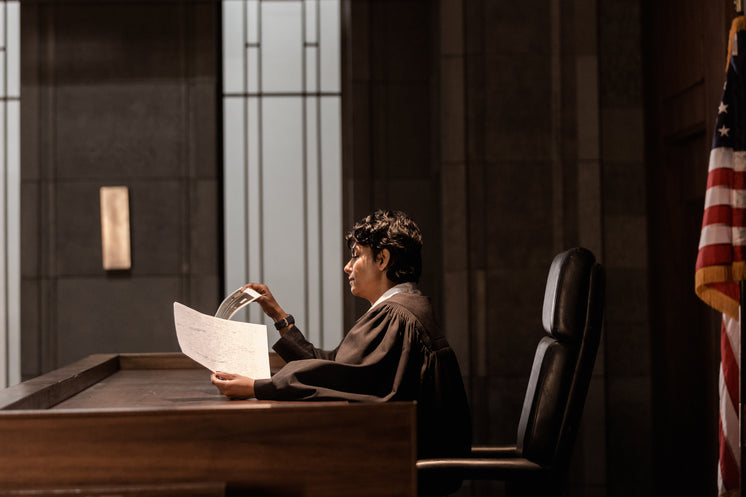mohammadblair2
About mohammadblair2
Law courts in the United Kingdom are designed to ensure that justice is carried out in a fair and transparent manner.
 In civil matters, the High Court of Justice in Northern Ireland has jurisdiction over complex and high-value cases. It is made up of three divisions: the Queen’s Bench Division, the Chancery Division, and the Family Division. These divisions handle everything from judicial review and commercial disputes to family breakdowns and probate.
In civil matters, the High Court of Justice in Northern Ireland has jurisdiction over complex and high-value cases. It is made up of three divisions: the Queen’s Bench Division, the Chancery Division, and the Family Division. These divisions handle everything from judicial review and commercial disputes to family breakdowns and probate.
The justice system in Northern Ireland is administered through a series of judicial levels that deal with both criminal and civil matters. It includes the Magistrates’ Courts, County Courts, Crown Court, High Court, Court of Appeal, and the UK Supreme Court at the very top for certain cases.
Perceived prejudice can also contribute to mistakes. While UK judges are generally seen as fair and independent, there have been cases where cultural misunderstanding may have influenced outcomes. If you loved this article and you also would like to collect more info about lawyer referrals i implore you to visit our own page. For example, in immigration or asylum cases, critics argue that a lack of cultural awareness or empathy can result in unfair refusals and deportation orders.
One of the most notorious examples is the case of the Birmingham Six. These men were wrongly convicted in 1975 for pub bombings carried out by the IRA. It took over 16 years for their convictions to be quashed, during which time they spent years in prison for crimes they didn’t commit. Their case highlighted not only individual failings but also systemic problems in how police and courts handled terrorism-related prosecutions.
Rehearings are a key part of addressing mistakes, but the process is often slow. Many people lack the resources to appeal, and legal aid cuts in recent years have made it harder for wrongly convicted individuals to get the help they need. The Criminal Cases Review Commission (CCRC) was established to help investigate potential miscarriages of justice, but critics argue that it is underfunded and too cautious in referring cases back to the courts.
Community confidence in the legal system has steadily increased over recent decades, thanks in part to judicial transparency, media access to courtrooms, and outreach programs that educate the public about the role of courts in a democratic society.
Once the case progresses to trial, both sides will present their evidence and arguments before a judge (or a panel of judges in certain cases). In criminal cases, the prosecution will present evidence to prove that the defendant committed the crime, while the defense will present evidence and arguments aimed at casting doubt on the prosecution’s case. In civil cases, both the claimant and defendant present their evidence to support their respective positions.
In some instances, cases from Northern Ireland can be appealed to the Supreme Court of the United Kingdom, particularly where issues of constitutional or human rights significance arise. However, criminal cases generally conclude at the Court of Appeal level within Northern Ireland.
Once both sides have presented their cases, the judge will deliberate and come to a decision. In criminal cases, the judge may deliver a verdict of ”guilty” or ”not guilty.” In civil cases, the judge will determine whether the claimant is entitled to compensation or other remedies. The judge may also issue an order for specific performance or an injunction, depending on the nature of the case.
A notable aspect of the Scottish legal system is the use of three verdicts in criminal trials: ”guilty,” ”not guilty,” and ”not proven.” The ”not proven” verdict, unique to Scotland, results in acquittal but often carries a social stigma. Legal scholars continue to debate its usefulness and fairness.
Appeals is an important part of the judicial system in the UK, as it allows for decisions to be reviewed and corrected if necessary. However, not all decisions are appealable, and in order to appeal, the appellant must have valid grounds, such as a mistake of law, procedural irregularities, or new evidence that was not available at the time of the original trial.
To summarise, Scotland’s legal institutions represent a well-structured, autonomous, and historic component of the UK legal landscape. With its own procedures, court hierarchy, legal principles, and cultural influences, the Scottish judiciary continues to uphold justice while responding to modern legal challenges.
Justice of the Peace Courts are managed by lay magistrates—non-legally trained volunteers—who deal with summary offences, such as petty theft. They can impose fines and short custodial sentences, but their powers are limited.
Furthermore, officials are trained to assist individuals in understanding the procedural aspects of the legal system. For example, they may explain the steps involved in filing a claim, how to obtain copies of court documents, and how to prepare for hearings. Although court staff cannot provide legal advice, they can offer practical help and ensure that individuals do not feel overwhelmed by the legal process. This support is especially important for individuals representing themselves in court, a situation known as ”litigants in person.”
No listing found.
